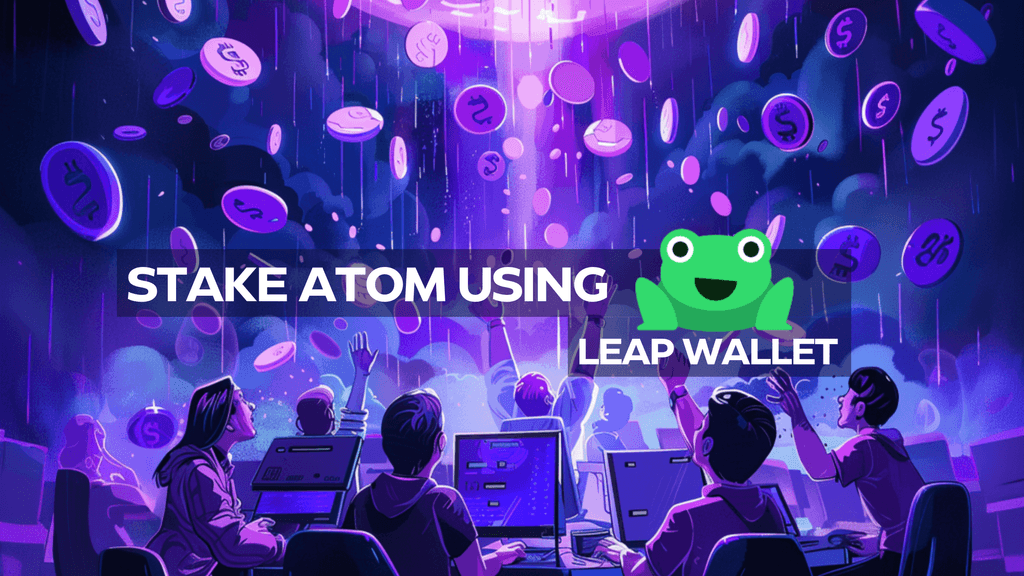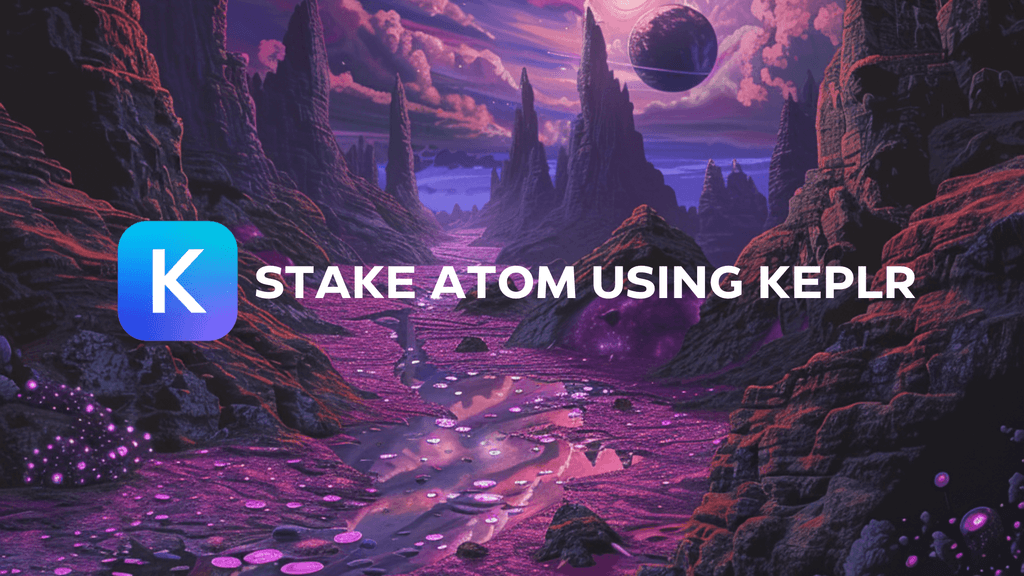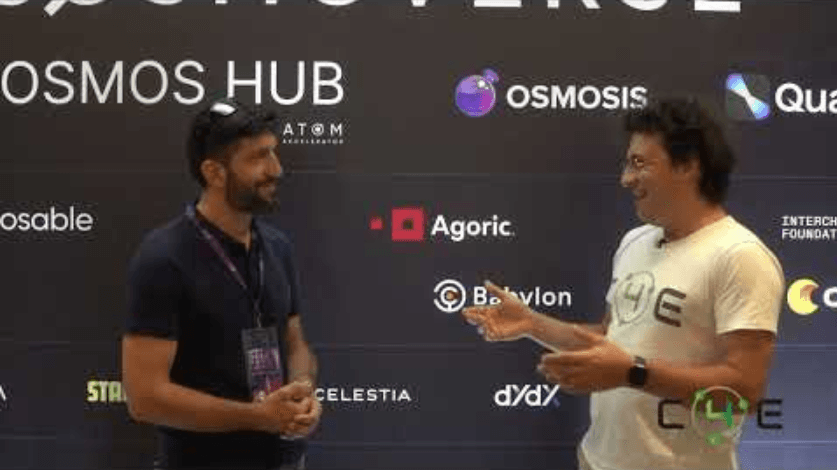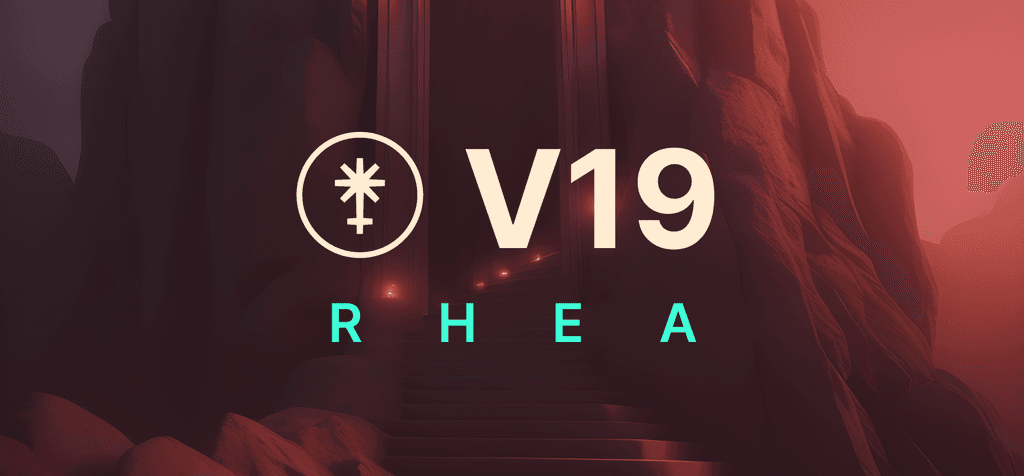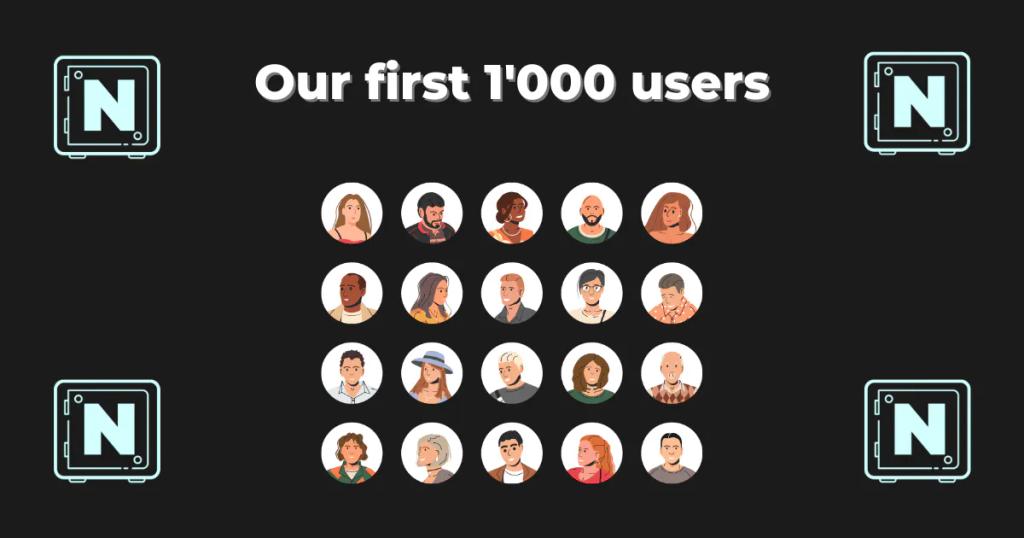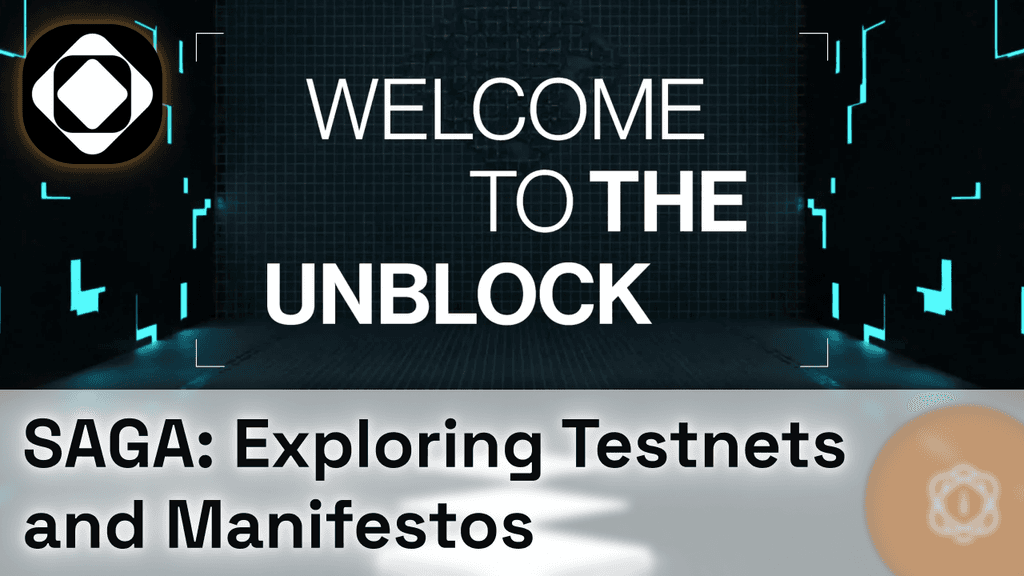Introduction
The gaming industry is undergoing a transformation with the advent of blockchain technology and Web3. Among the leaders in this revolution is Krafton, the company behind the popular game PlayerUnknown’s Battlegrounds (PUBG). This article delves into Krafton’s latest venture into Web3 gaming with its own Cosmos Chain, its previous Web3 initiatives, and the broader landscape of Web3 gaming.
Krafton’s Cosmos Chain: A New Frontier in Web3 Gaming
The Genesis of Cosmos Chain
Krafton is taking a significant leap into the Web3 space by launching its own Cosmos Chain. This move aims to create a decentralized gaming ecosystem where players can truly own their in-game assets as NFTs. The Cosmos Chain will serve as the backbone for Krafton’s future Web3 games, starting with a new NFT-based metaverse game set to launch this year.
Technical Specifications and Features
The Cosmos Chain will be built on the Cosmos SDK, enabling high throughput and low latency for transactions. It will support smart contracts, allowing for the creation of decentralized applications (dApps) that can interact with the gaming ecosystem. The chain will also feature a unique governance model, enabling the community to propose and vote on changes to the network, including game mechanics and tokenomics.
Strategic Partnerships
Krafton has also announced partnerships with key players in the blockchain space to bolster the Cosmos Chain. These partnerships aim to provide liquidity solutions, decentralized finance (DeFi) integrations, and cross-chain compatibility, making the Cosmos Chain not just a gaming platform but a comprehensive Web3 ecosystem.
Monetization and Tokenomics
The Cosmos Chain will have its native token, which will be used for various in-game transactions, governance, and staking. The tokenomics are designed to incentivize both players and developers, offering revenue-sharing models and staking rewards. This creates a sustainable ecosystem where everyone involved can benefit.
This initiative is not just a technological advancement but a strategic move to position Krafton as a pioneer in the Web3 gaming landscape. With these added layers of complexity and community involvement, the Cosmos Chain is set to redefine what it means to be a gaming platform in the Web3 era.
The State of Web3 Gaming
The Asian Engine
Asia is emerging as a significant player in the blockchain gaming industry. With Krafton being a South Korean company, its entry into Web3 gaming could serve as a catalyst for more Asian gaming companies to follow suit. The region is already showing promise with various blockchain gaming initiatives and is poised to be the engine driving the global blockchain gaming market.
The Broader Landscape
Web3 gaming is not just a trend but a burgeoning industry. Companies like Zynga have launched their first Web3 games, focusing on “trust, transparency, and accessibility.” Ubisoft has also entered the space, becoming an official validator for the Cronos blockchain. These developments indicate that mainstream gaming companies are actively exploring the potential of blockchain technology.
Challenges and Opportunities
While the industry is growing, it faces challenges like scalability and user adoption. However, partnerships like that between Xsolla, a global video game commerce company, and Crypto.com are making strides in overcoming these challenges by integrating cryptocurrency payments to streamline transactions.
Conclusion
Krafton’s Cosmos Chain is a significant milestone in the Web3 gaming industry, signaling the company’s ambition to be a leader in this new frontier. With its previous Web3 ventures and the broader industry’s growing interest, the future of Web3 gaming looks promising. As more mainstream companies enter the space, and as technological challenges are overcome, Web3 gaming is set to become the new norm in the digital entertainment landscape.

